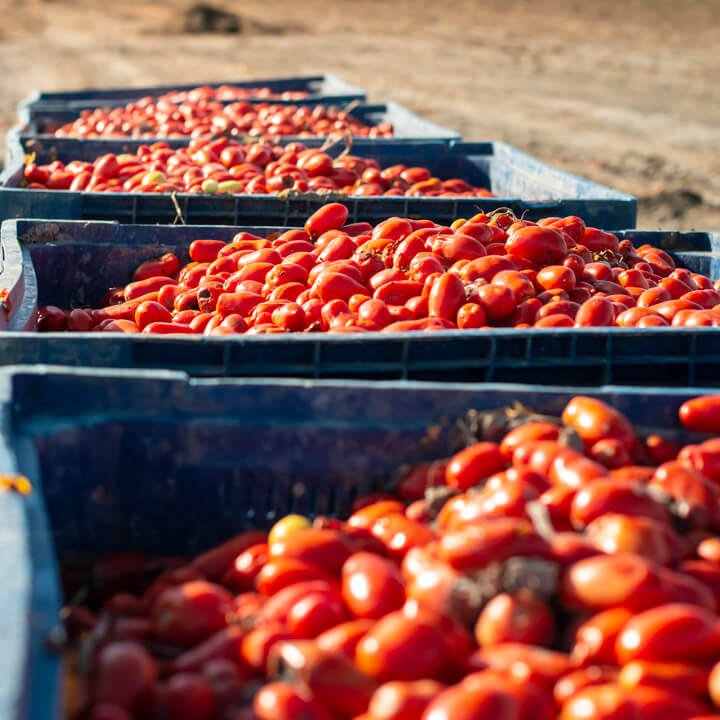Embracing the future of food: Is the regulation of novel foods about to change?
19th September 2024
The food and drink industry is at a pivotal juncture where innovation in novel foods can lead to a more diverse, secure, and sustainable food landscape.
The success of these innovative products hinges on the establishment of a regulatory environment that fosters growth while safeguarding public health and consumer interests.

Novel foods: A gateway to sustainable innovation
Novel foods, such as cultivated meat and insect protein, offer promising alternatives to traditional food sources.
Novel foods are categorised as any food without a “history of consumption” to a significant degree within the UK or EU before 15 May 1997.
Novel foods include traditional foods eaten elsewhere in the world, but also include foods produced from new processes.
The UK’s departure from the EU’s regulatory framework has accelerated the adoption of these novel foods. The adoption last year of the Genetic Technology (Precision Breeding) Act 2023 (the Act) aims to encourage scientific innovation by streamlining the regulatory process for novel foods within the UK.
In addition, the Food Standards Agency (FSA) is proposing significant reforms to the novel food authorisation process.
These reforms include creating a public register of regulated products and removing certain administrative barriers, which could expedite the commercialisation of novel foods.
The FSA also stated they would remove the requirement for products that have already been approved to reapply for clearance every 10 years.
Although not directly relevant, it is interesting to note that the pet food company, Meatly, has become the first company in Europe to receive regulatory approval to place lab-grown meat for pet food on the market.
Meatly’s chicken meat is cultivated directly from animal cells, and is now permitted for use in pet food in the UK.
Regulatory approval was provided by the Animal and Plant Health Agency (which regulates animal feed), and the Department for Environment, Food and Rural Affairs, and the approval acts as a significant milestone for cultivated meats.
This development will be closely monitored by businesses seeking to bring similarly innovative techniques and products to market.
The role of regulation in innovation
Regulation plays a pivotal role in the advancement of novel foods.
Innovation cannot happen without regulation to set the guardrails and help industry understand the rules that it has to abide by. Pragmatic and stable regulations allow for innovation while ensuring food safety.
Need support? Our Food & Drink team can help you meet these challenges. Find out more and get in touch with our team here.
Explore other key developments in our Food & Drink Update here.








